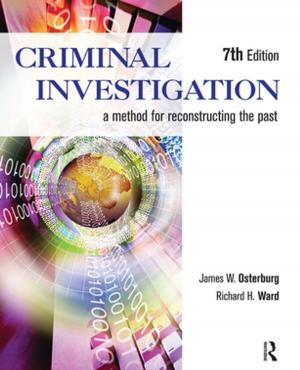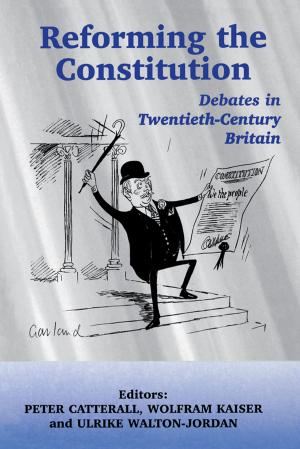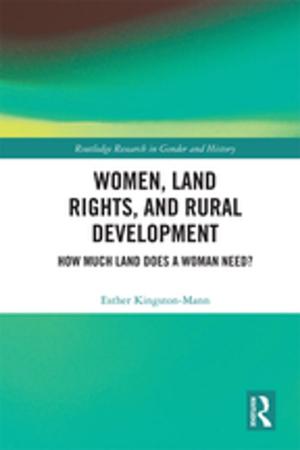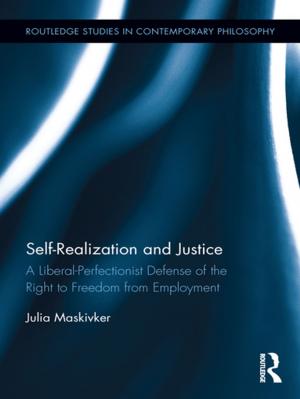| Author: | ISBN: | 9781136520594 | |
| Publisher: | Taylor and Francis | Publication: | June 17, 2013 |
| Imprint: | Routledge | Language: | English |
| Author: | |
| ISBN: | 9781136520594 |
| Publisher: | Taylor and Francis |
| Publication: | June 17, 2013 |
| Imprint: | Routledge |
| Language: | English |
During the five decades since its origin, law and economics has provided an influential framework for addressing a wide array of areas of law ranging from judicial behaviour to contracts. This book will reflects the first-ever forum for law and economics scholars to apply the analysis and methodologies of their field to the subject of wildfire. The only modern legal work on wildfire, the book brings together leading scholars to consider questions such as: How can public policy address the effects of climate change on wildfire, and wildfire on climate change? Are the environmental and fiscal costs of ex ante prevention measures justified? What are the appropriate levels of prevention and suppression responsibility borne by private, state, and federal actors? Can tort liability provide a solution for realigning the grossly distorted incentives that currently exist for private landowners and government firefighters? Do the existing incentives in wildfire institutions provide incentives for efficient private and collective action and how might they be improved?
During the five decades since its origin, law and economics has provided an influential framework for addressing a wide array of areas of law ranging from judicial behaviour to contracts. This book will reflects the first-ever forum for law and economics scholars to apply the analysis and methodologies of their field to the subject of wildfire. The only modern legal work on wildfire, the book brings together leading scholars to consider questions such as: How can public policy address the effects of climate change on wildfire, and wildfire on climate change? Are the environmental and fiscal costs of ex ante prevention measures justified? What are the appropriate levels of prevention and suppression responsibility borne by private, state, and federal actors? Can tort liability provide a solution for realigning the grossly distorted incentives that currently exist for private landowners and government firefighters? Do the existing incentives in wildfire institutions provide incentives for efficient private and collective action and how might they be improved?















